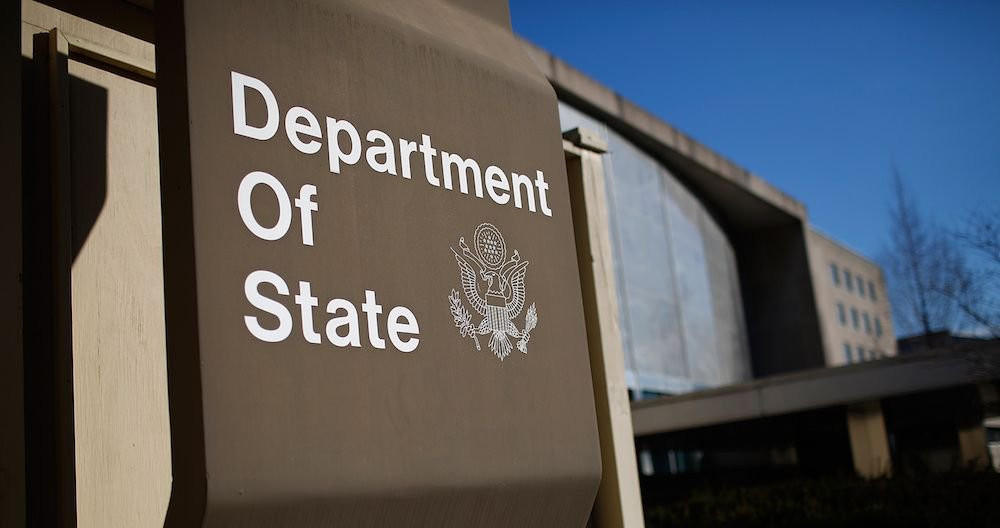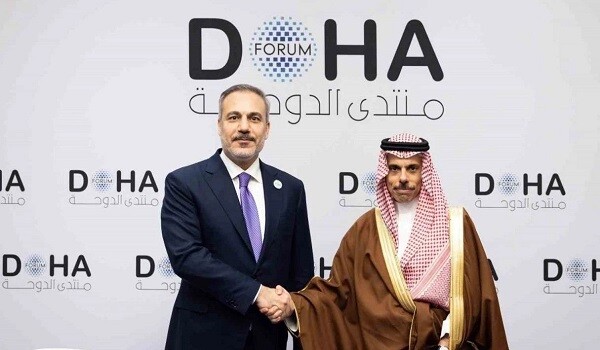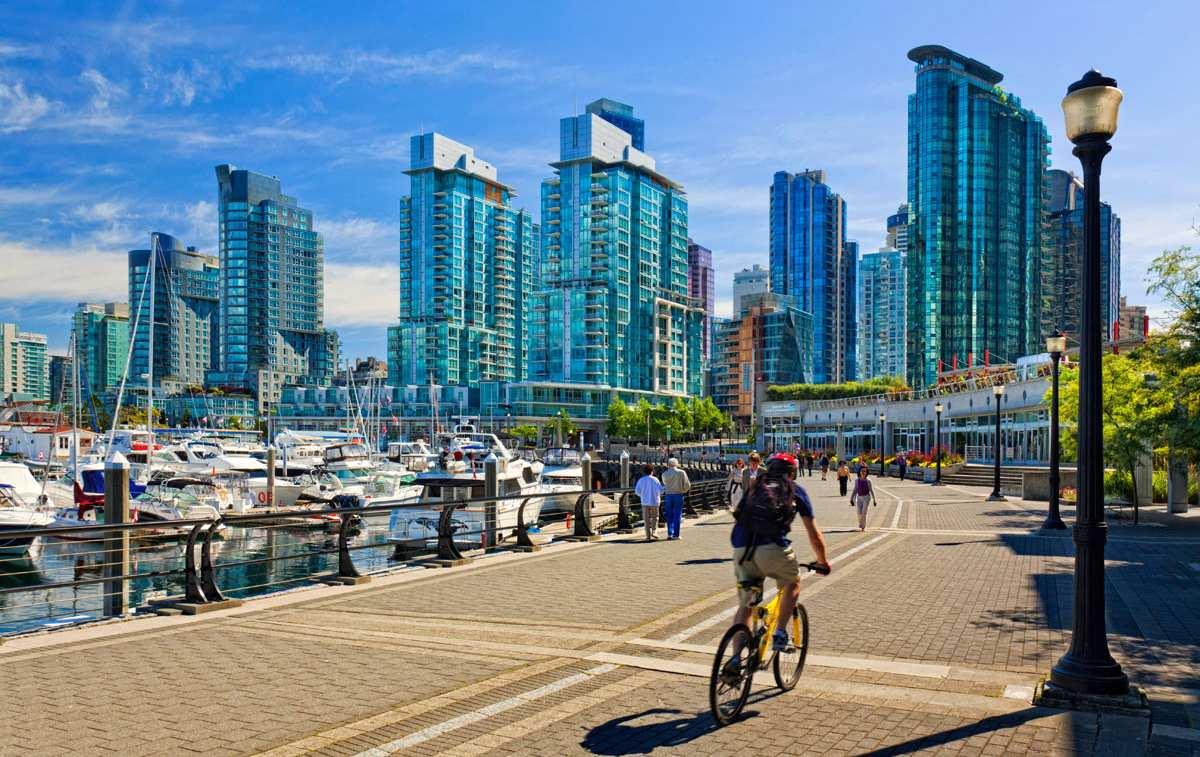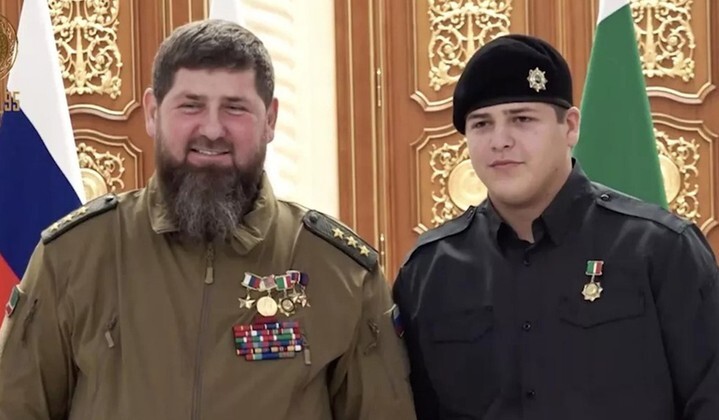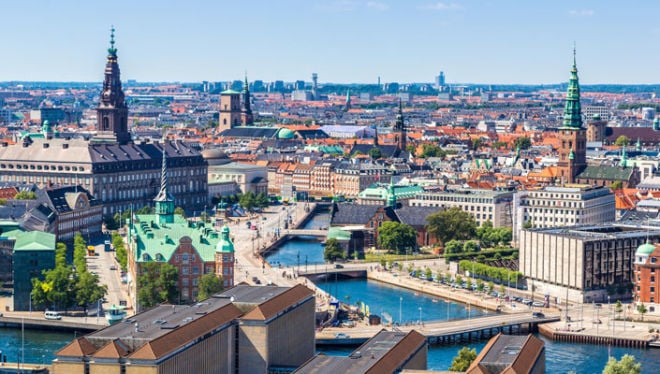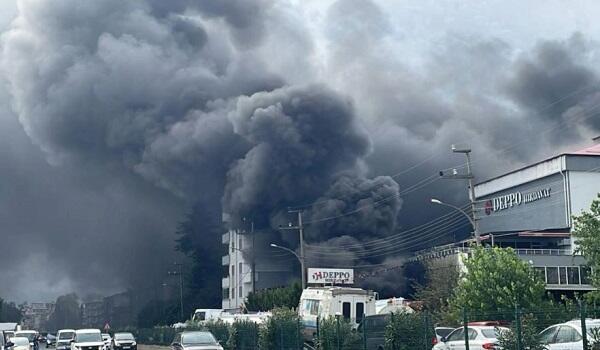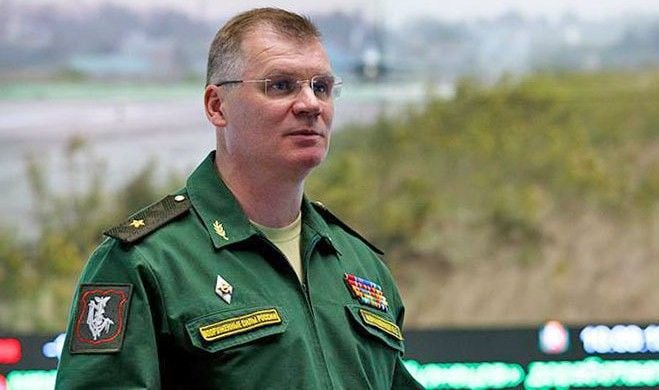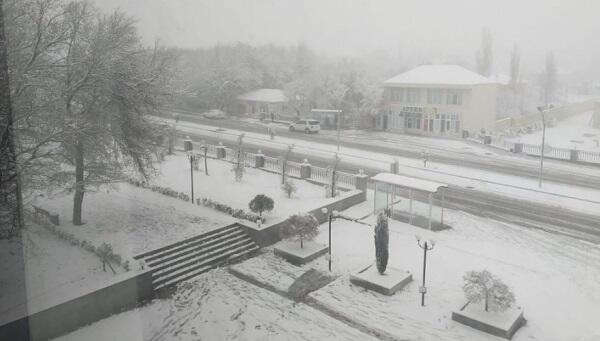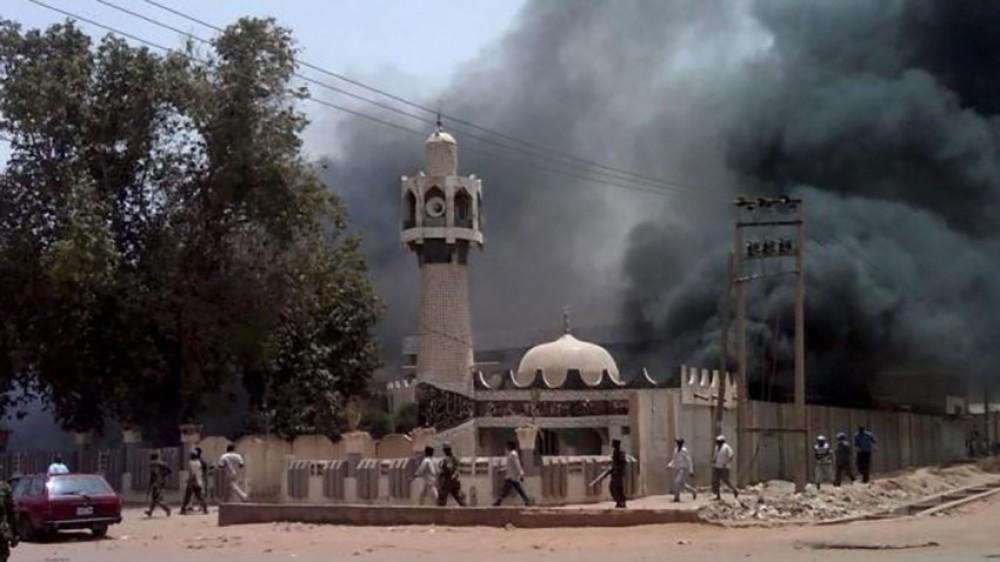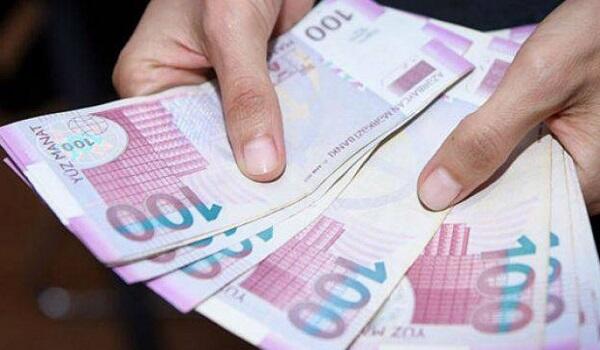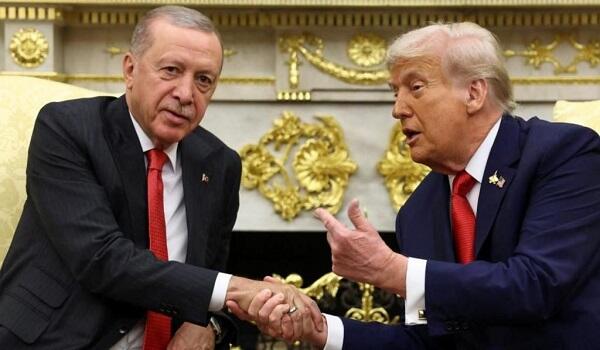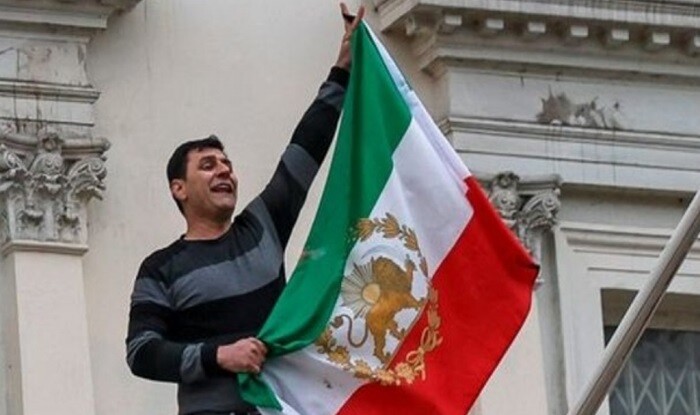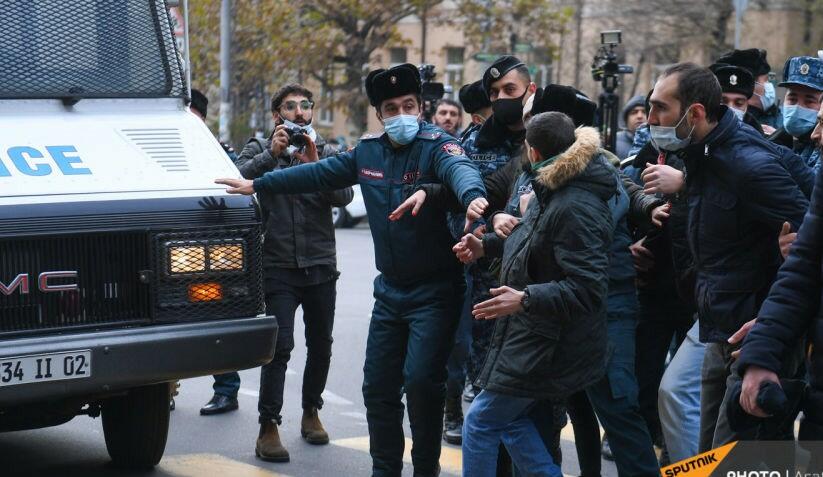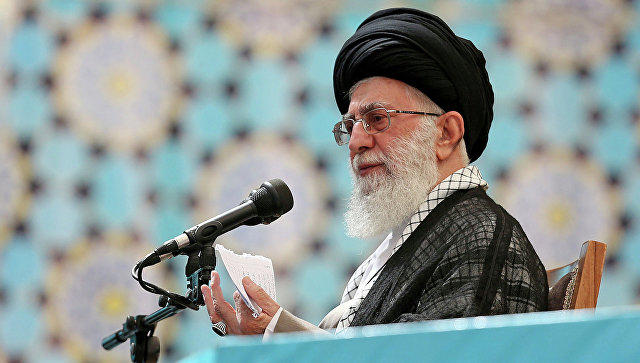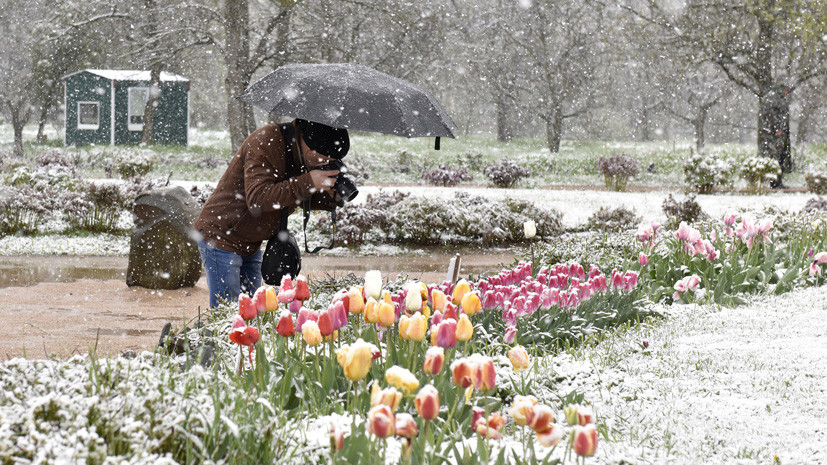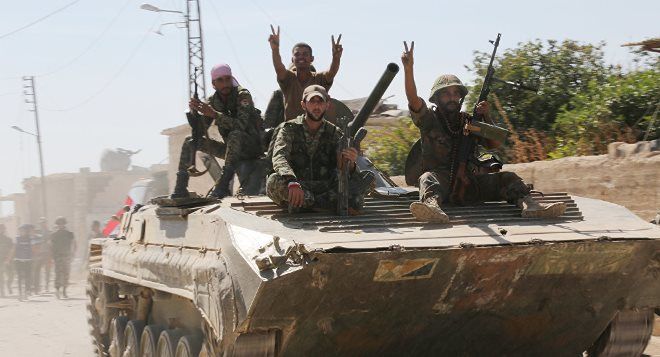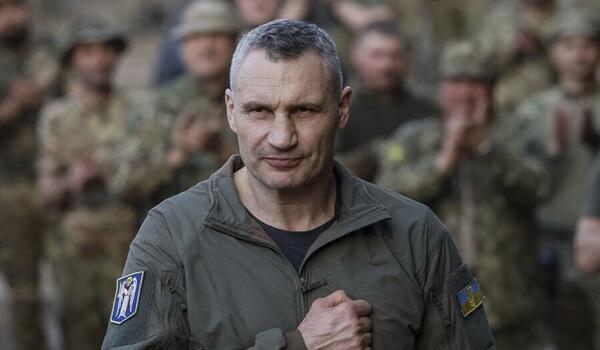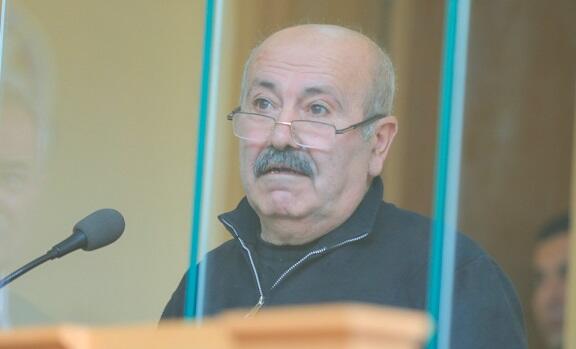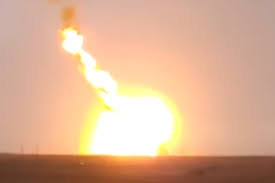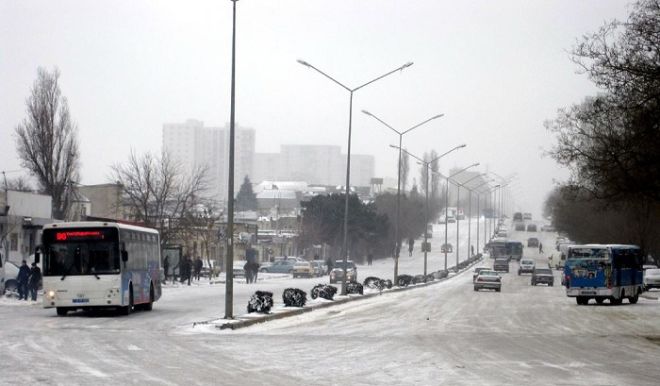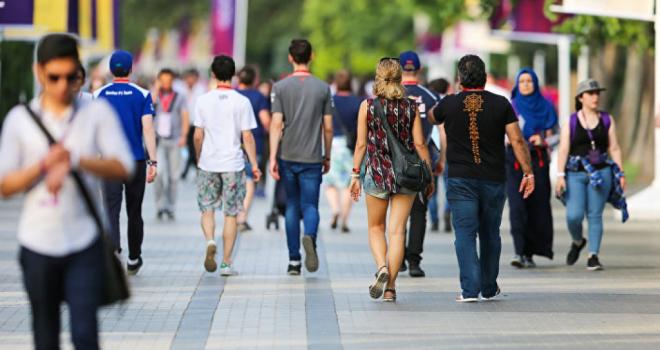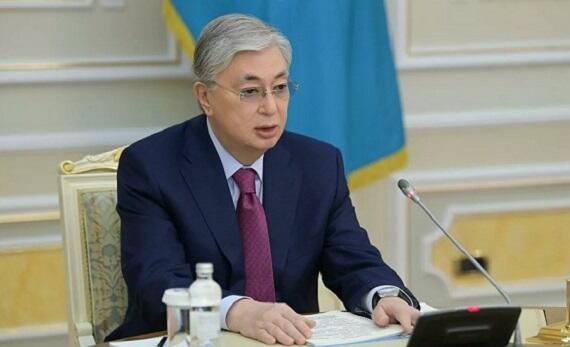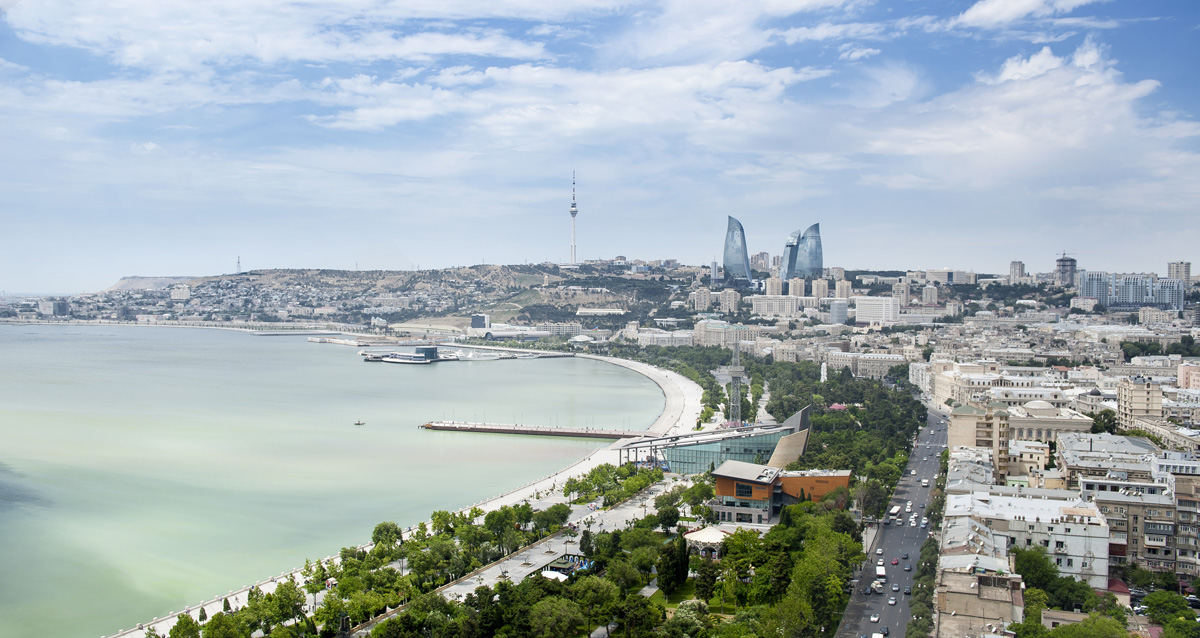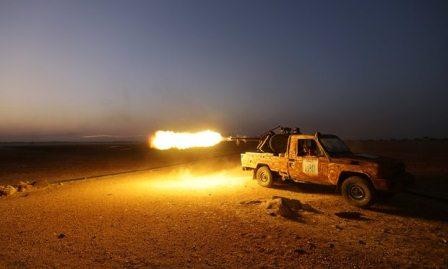Heavy clashes have erupted between regime and rebel
forces in Syria’s divided city of Aleppo after a three-day
"humanitarian" ceasefire expired before the UN could evacuate
wounded civilians from rebel-held areas.
Neither rebels nor residents of opposition-held districts heeded
calls from Syria’s army and Moscow to leave during the ceasefire,
after weeks of devastating bombardment and a three-month government
siege.
Syrian state media and Russian authorities have accused rebel
forces of preventing civilians from leaving and of using them as
human shields.
Almost 500 people have been killed and more than 2,000 civilians
wounded since the army launched its offensive to drive the rebels
out of the eastern districts they have held since 2012.
The UN had hoped to use the ceasefire to evacuate seriously
wounded people and possibly deliver aid. But a UN official said on
Saturday the requisite security guarantees had not been
received.
"You have various parties to the conflict and those with
influence and they all have to be on the same page on this and they
are not," said David Swanson, a spokesman for the UN humanitarian
office.
No additional aid was delivered, leaving the beleaguered
rebel-held eastern part of the city without any immediate sign of
western help. No aid has entered Aleppo since 7 July and food
rations will run out by the end of the month, the UN secretary
general, Ban Ki-moon, has warned.
Three people were wounded by shelling of the rebel-held
Salaheddin and Mashhad districts on Sunday, the Syrian Observatory
for Human Rights said, adding that the first airstrikes since the
end of the truce hit the opposition-controlled district of Sheikh
Saeed, where there was also heavy fighting.
Fierce fighting between rebels and Syrian government forces also
started along a strategic frontline in south-west Aleppo that in
the past has been used to break the siege.
Russia opened eight corridors for evacuations during the
ceasefire, but just a handful of people crossed through a single
passage.
No fighters with Jabhat Fateh al-Sham – one of the most powerful
jihadi groups in Syria – left the city, a key demand of the Russian
government. Russia has insisted that moderate rebels disassociate
themselves from Jabhat Fateh al-Sham (formerly known as al-Nusra
Front) and encourage them to leave the city.
According to the UN data, there are about 8,000 moderate
opposition fighters in Aleppo and about 900 Jabhat Fateh al-Sham
militants. Both Russia and the west regard the militants, who have
links to al-Qaida, as a legitimate target in the Syrian civil
war.
The Free Syrian Army (FSA) rebel alliance, which has said it is
preparing for a big attack to break the siege, warned residents in
and around the city to stay away from government and military
buildings for their own safety in a statement on Saturday. FSA
rebel groups said they had repelled various offensives by
government forces.
The French foreign minister, Jean-Marc Ayrault, called for fresh
economic sanctions to be imposed on Syria after a UN report
released on Friday found that its government had used chemical
weapons for a third time.
Ayrault, speaking on Saturday, said: "I want ... a clear
condemnation of these crimes in a resolution from the UN security
council ... that places the perpetrators under sanctions."
The UN report said the Syrian army had attacked a village with
chemical weapons in 2015. Islamic State has also been accused of
using mustard gas as a weapon.
"The Syrian army and Daesh [Isis] have used chemical weapons
against civilians on at least three occasions," Ayrault said.
"These acts are inhuman and unacceptable."
He called on UN security council members to "assume their
responsibilities".
A European Union attempt to impose a fresh round of economic
sanctions against Russia over its attack on Aleppo failed on Friday
following protests led by Italy.
Responding to the UN report, the UK foreign secretary, Boris
Johnson, said: "The use of chemical weapons is horrific, and a
breach of international law and UN security council resolutions. It
is crucial to hold those responsible to account."
It is likely that Russia would veto any sanctions against Syria
at the UN, arguing the UN evidence is not conclusive. The latest
set of events leave no prospect of a way out after almost every
diplomatic avenue has been explored.
Russia is now focusing its diplomatic efforts on Turkey, Qatar,
the US and Saudi Arabia, excluding Britain, Germany and France on
the basis that they have less direct influence over fighters on the
ground.
Russia is a key ally of Syria’s government and began a military
intervention in support of President Bashar al-Assad last
September. Kremlin spokesman Dmitry Peskov said on Saturday the
intervention was meant to "liberate" Syria and keep Assad in
power.
"Either Assad is in Damascus or [Jabhat Fateh al-Sham] is," he
said. "There is no third option here."
The Syrian Observatory for Human Rights (SOHR) said earlier that
both rebels and regime forces appeared to be reinforcing their
positions.
The head of the SOHR, Rami Abdulrahman, said: "The regime and
the rebels are both bolstering their forces, which raises fears of
a massive military operation."


